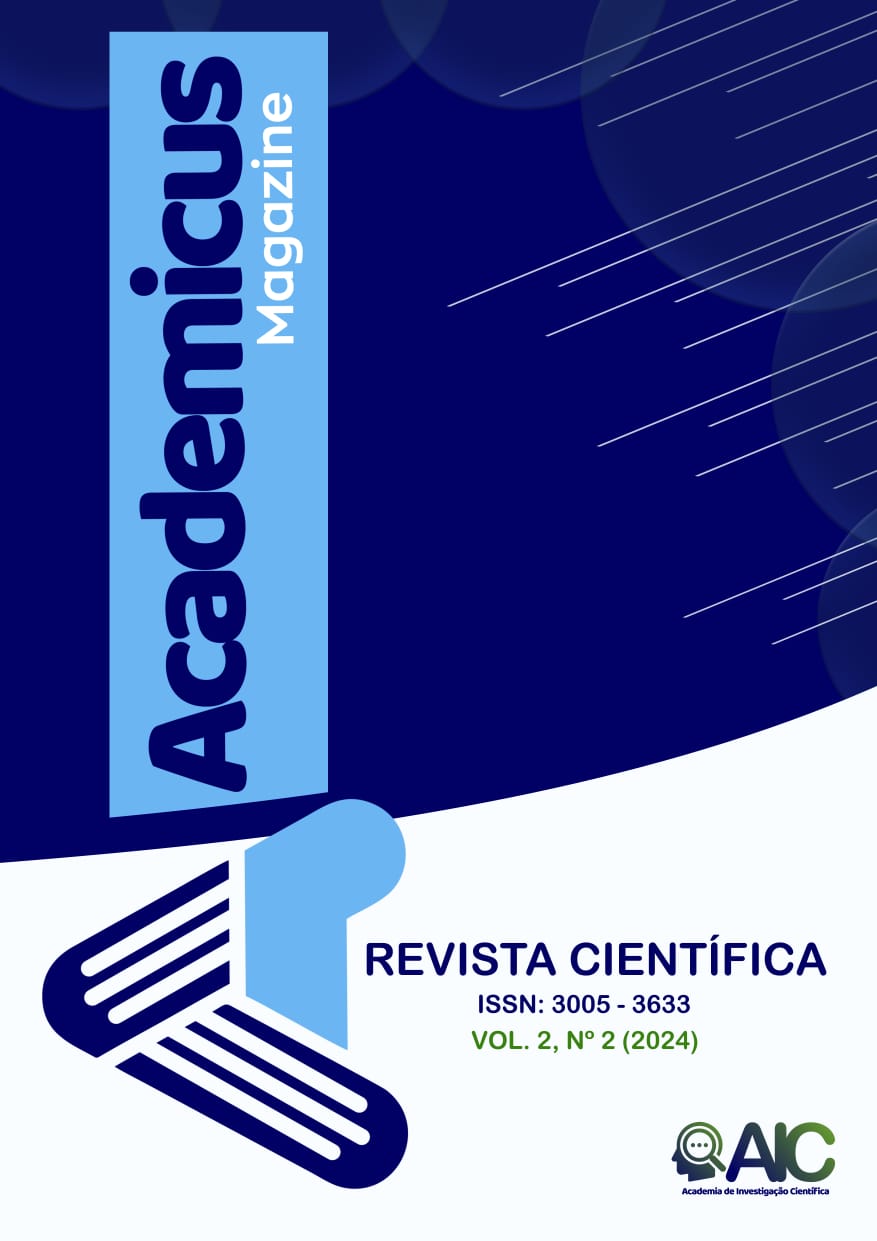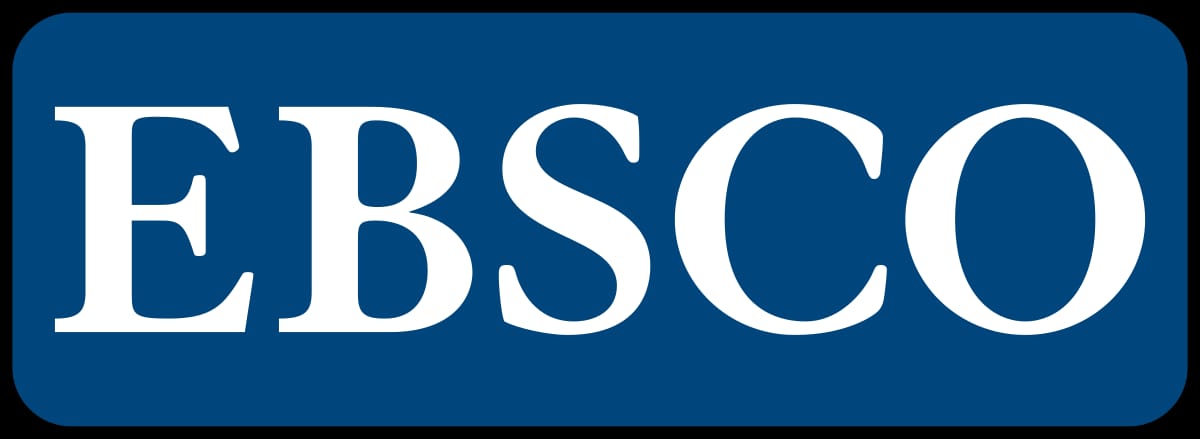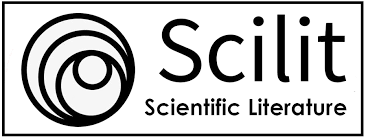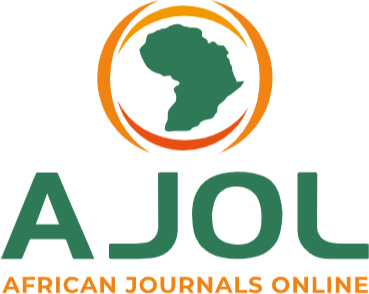Liderazgo Organizacional: Una Revisión Integrativa
DOI:
https://doi.org/10.4314/academicus.v2i2.2Palabras clave:
Organização, liderança organizacional, estilo de liderança, clima organizacionalResumen
Este artículo ofrece una revisión de enfoques clave de liderazgo organizacional: liderazgo transformacional, transaccional, servidor y de liderazgo auténtico. Se explora cada estilo de liderazgo en términos de sus características distintivas, beneficios percibidos y desafíos asociados. El liderazgo transformacional enfatiza la inspiración y el cambio, mientras que el liderazgo transaccional se centra en recompensas y cumplimiento. Por otro lado, el liderazgo de servidor prioriza el bienestar y el desarrollo de los seguidores. Comparar estos enfoques subraya la importancia de seleccionar y adaptar estilos de liderazgo según las necesidades específicas y la cultura organizacional, con el objetivo de fomentar un liderazgo efectivo e inclusivo.
Palabras Clave: Liderazgo transformacional, liderazgo transaccional, liderazgo de servidor, liderazgo auténtico, características del liderazgo, efectividad organizacional.
Descargas
Citas
Avolio, B. J., & Gardner, W. L. (2005). Authentic leadership development: Getting to the root of positive forms of leadership. The Leadership Quarterly, 16(3), 315-338.
Avolio, B. J., & Yammarino, F. J. (2002). Transformational and Charismatic Leadership: The Road Ahead. Elsevier Science. https://www.researchgate.net/publication/258221547_Transformational_and_Charismatic_Leadership .
Bailey, P. (2020). The role of databases in academic research. Journal of Academic Research, 12(3), 45-67.
Barbuto, J. E., Jr., & Wheeler, D. W. (2006). Scale development and construct clarification of servant leadership. Group and Organizational Management, 31(3), 300-326.
Bardin, L. (2011). Análise de conteúdo. Edições 70.
Bass, B. M. (1985). Leadership and Performance Beyond Expectations. Free Press. https://books.google.co.ao/books/about/Leadership_and_Performance_Beyond_Expect.html?id=NCd-QgAACAAJ&redir_esc=y
Bass, B. M., & Riggio, R. E. (2006). Transformational leadership (2nd ed.). Lawrence Erlbaum Associates.
Blanchard, K. (1985). Situational Leadership II: The Article. The Ken Blanchard Companies. https://www.lifelongfaith.com/uploads/5/1/6/4/5164069/situational_leadership_article.pdf .
Botelho, L. L. R., Cunha, C. J. C. A., & Macedo, M. (2011). O método da revisão integrativa nos estudos organizacionais. Revista Eletrônica Gestão e Sociedade, 5(11), 121-136.
Burns, J. M. (1978). Leadership. Harper & Row. https://psycnet.apa.org/record/1980-03173-000 .
Dupuis, J. (2013). La gestion interculturelle: Enjeux et perspectives. Presses de l'Université du Québec.
Folle, A. J., & de Almeida Cunha, C. J. (2015). Liderança autêntica: uma revisão integrativa. NAVUS - Revista de Gestão e Tecnologia, 5(2), 60-72. https://www.redalyc.org/pdf/3504/350450617007.pdf.
Greenleaf, R. K. (1977). Servant Leadership: A Journey into the Nature of Legitimate Power and Greatness. Paulist Press. https://www.urbanleaders.org/620Leadership/92Readings/articles/Greenleaf-Servant%20Leadership.pdf .
Gronn, P. (2002). Distributed leadership as a unit of analysis. The Leadership Quarterly, 13(4), 423-451.
Hersey, P., & Blanchard, K. H. (1969). Life cycle theory of leadership. Training and Development Journal, 23(5), 26-34.
House, R. J. (1977). A 1976 theory of charismatic leadership. In J. G. Hunt & L. L. Larson (Eds.), Leadership: The Cutting Edge (pp. 189-207). Southern Illinois University Press.
Ireland, R. D., & Hitt, M. A. (2005). Achieving and maintaining strategic competitiveness in the 21st century: The role of strategic leadership. Academy of Management Executive, 19(4), 63-77.
Jones, L. (2019). Access to academic literature: A comparison of search tools. Academic Tools Review, 15(4), 78-91.
Judge, T. A., & Piccolo, R. F. (2004). Transformational and Transactional Leadership: A Meta-Analytic Test of Their Relative Validity. Journal of Applied Psychology, 89(5), 755-768.
Liden, R. C., Wayne, S. J., Liao, C., & Meuser, J. D. (2014). Servant Leadership and Serving Culture: Influence on Individual and Unit Performance. Academy of Management Journal, 57(5), 1434-1452.
Melo, P. C., & Silva, M. T. (2017). Liderança e Gestão: Teorias, Estilos e Perspectivas. Editora Sílabo.
Oliveira, R. (2017). Metodologias de análise em revisões integrativas: Um guia prático. Revista de Pesquisa Científica, 12(4), 55-62.
Rego, A., & Cunha, M. P. (2015). Liderança positiva: Como desenvolver as virtudes e capacidades que inspiram os outros. Actual Editora. https://silabo.pt/catalogo/gestao-organizacional/lideranca/livro/lideranca-positiva/ .
Rego, A., & Pina e Cunha, M. P. (2008). Organisational Justice and Citizenship Behaviours: A Study in the Portuguese Cultural Context. Applied Psychology, 57(2), 213-231.
Silva, M. (2016). Métodos de categorização em revisões integrativas. Revista de Metodologia Científica, 10(2), 40-55.
Smith, R. (2018). Evaluating the impact of scientific publications: A review of Web of Science. Science Metrics, 9(2), 122-135.
Souza, A. (2015). Revisão integrativa: importância da definição de critérios. Revista Brasileira de Pesquisa Acadêmica, 14(1), 32-44.
Spears, L. C. (1998). Insights on Leadership: Service, Stewardship, Spirit, and Servant-Leadership. John Wiley & Sons. https://digitalcommons.lmu.edu/cgi/viewcontent.cgi?article=1161&context=ce .
Walumbwa, F. O., Avolio, B. J., Gardner, W. L., Wernsing, T. S., & Peterson, S. J. (2008). Authentic leadership: Development and validation of a theory-based measure. Journal of Management, 34(1), 89-126.
Weber, M. (1947). The Theory of Social and Economic Organization. Free Press. https://www.scirp.org/reference/referencespapers?referenceid=2233914.
Whittemore, R., & Knafl, K. (2005). The integrative review: updated methodology. Journal of Advanced Nursing, 52(5), 546-553. https://pubmed.ncbi.nlm.nih.gov/16268861/ .
Yukl, G. (2013). Leadership in Organizations (8th ed.). Pearson Education. https://nibmehub.com/opac-service/pdf/read/Leadership%20in%20Organizations%20by%20Gary%20Yukl.pdf
Descargas
Publicado
Cómo citar
Número
Sección
Licencia
Derechos de autor 2024 Lucinda De Carvalho, Rosa Gomes, Nelson Yambo

Esta obra está bajo una licencia internacional Creative Commons Atribución-NoComercial-SinDerivadas 4.0.
























